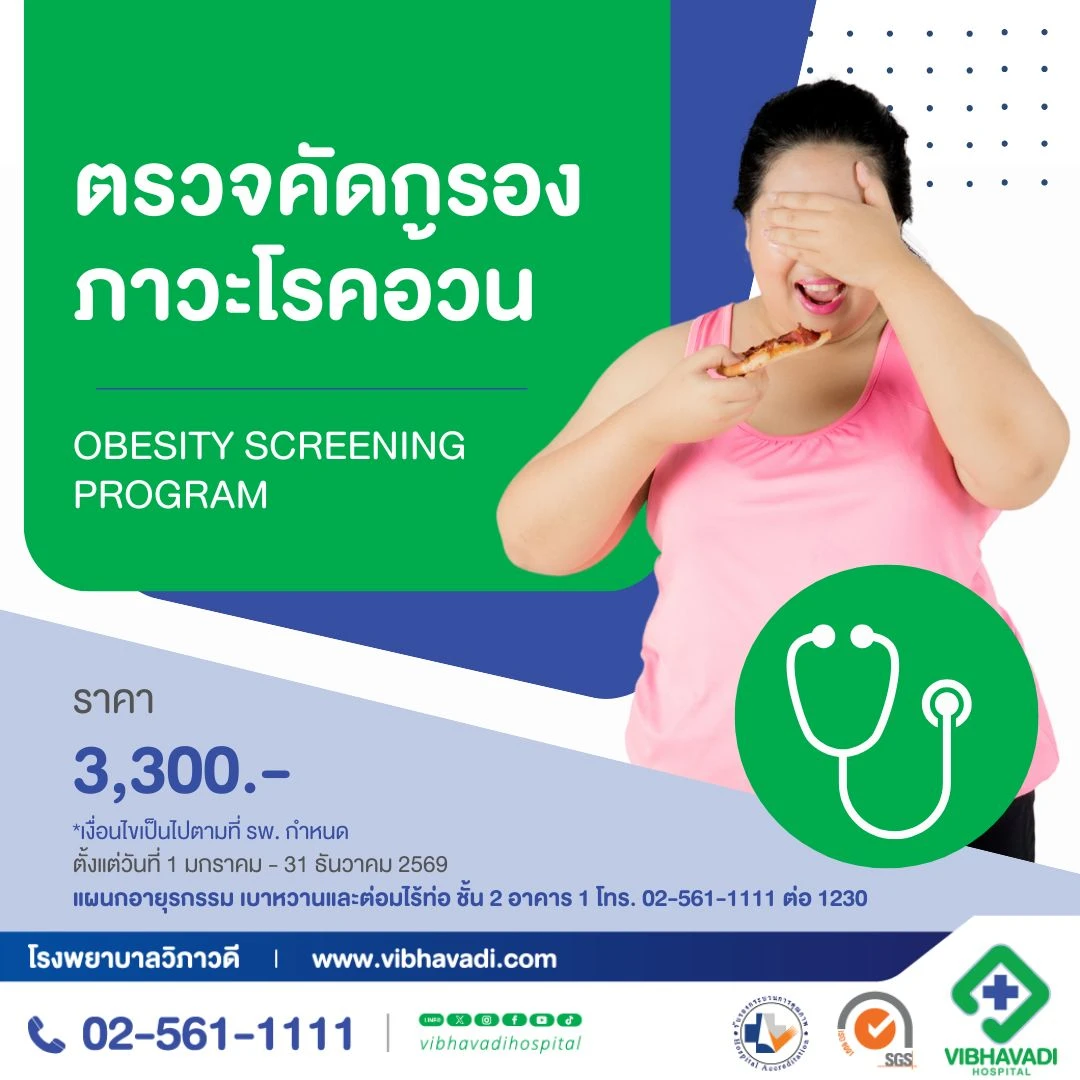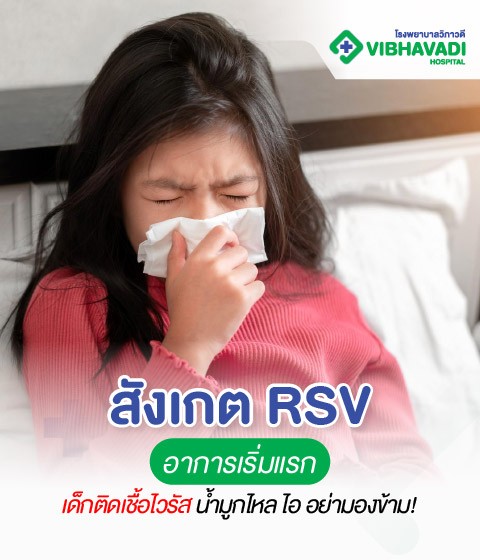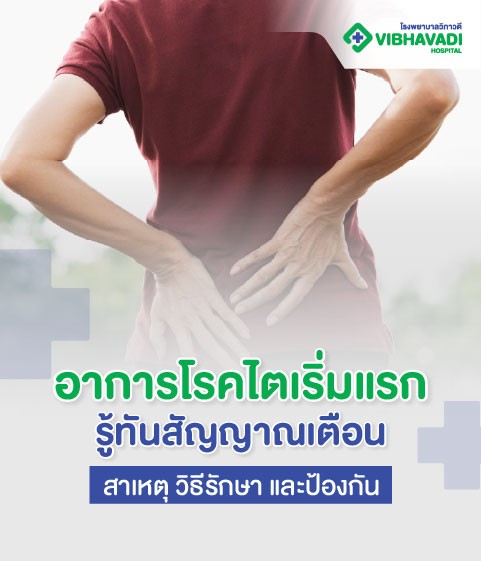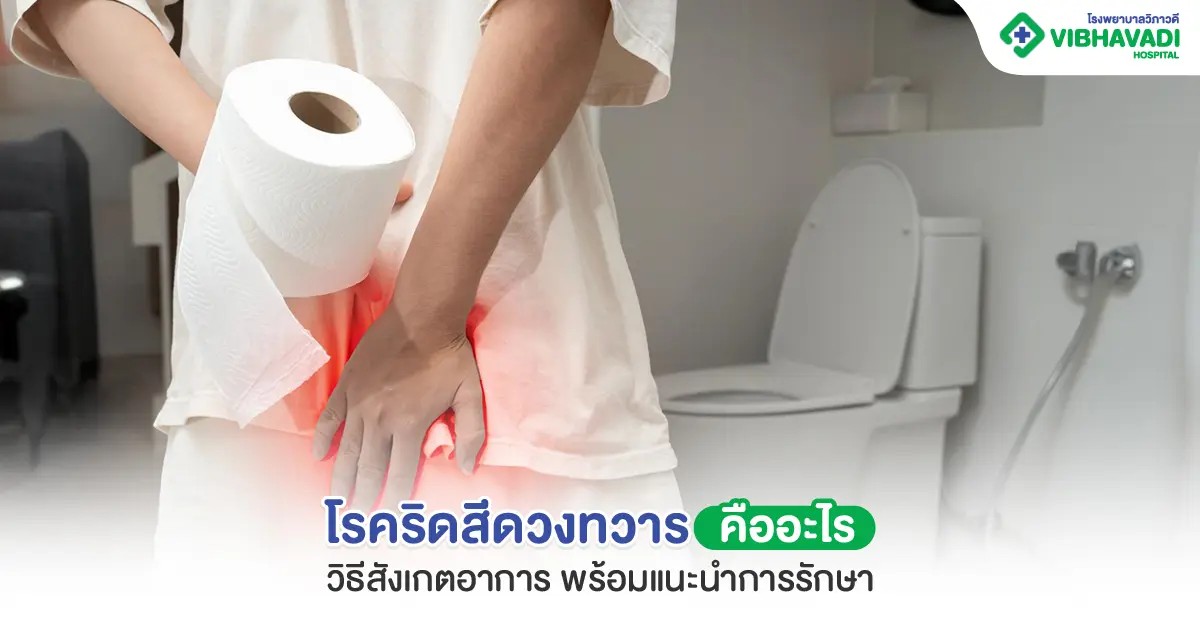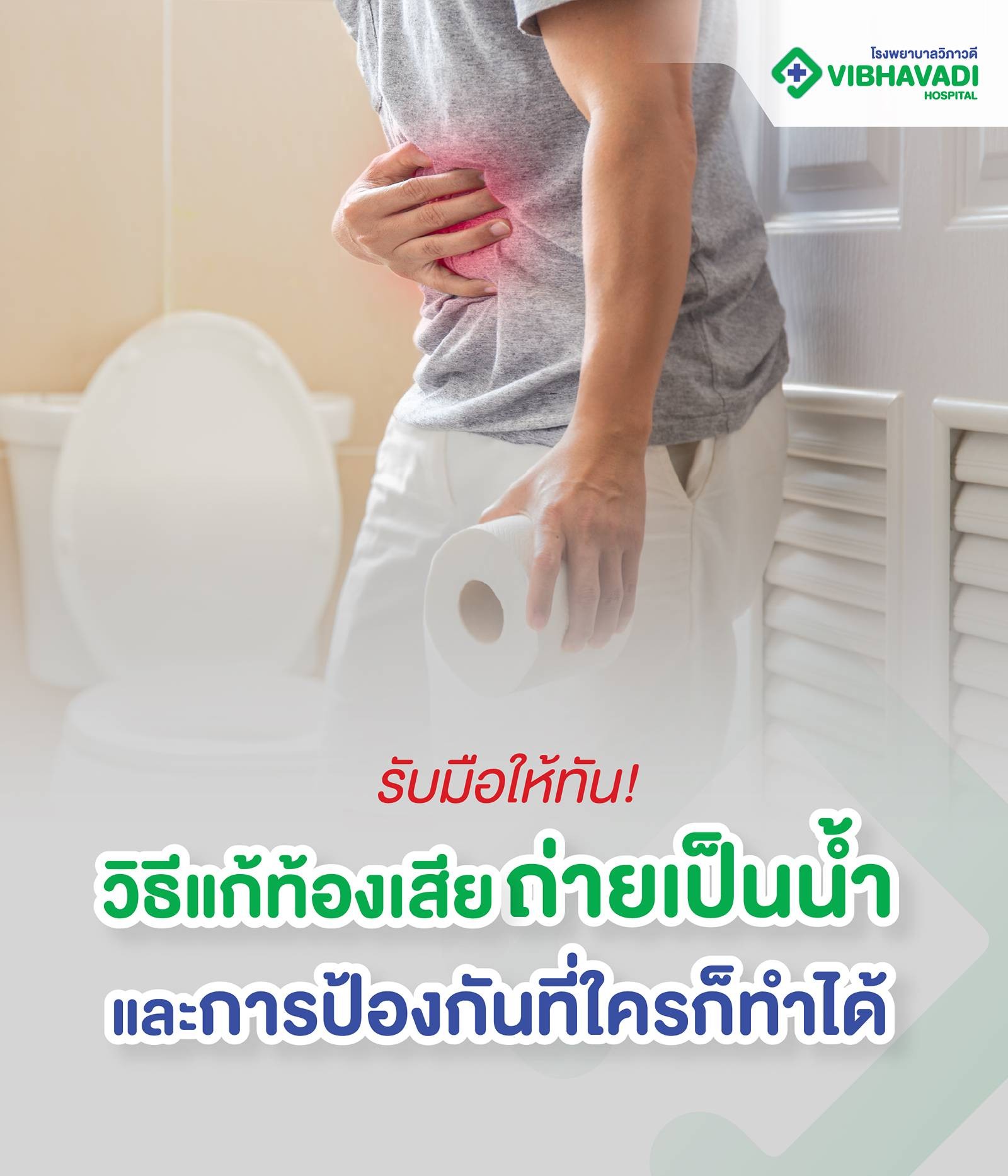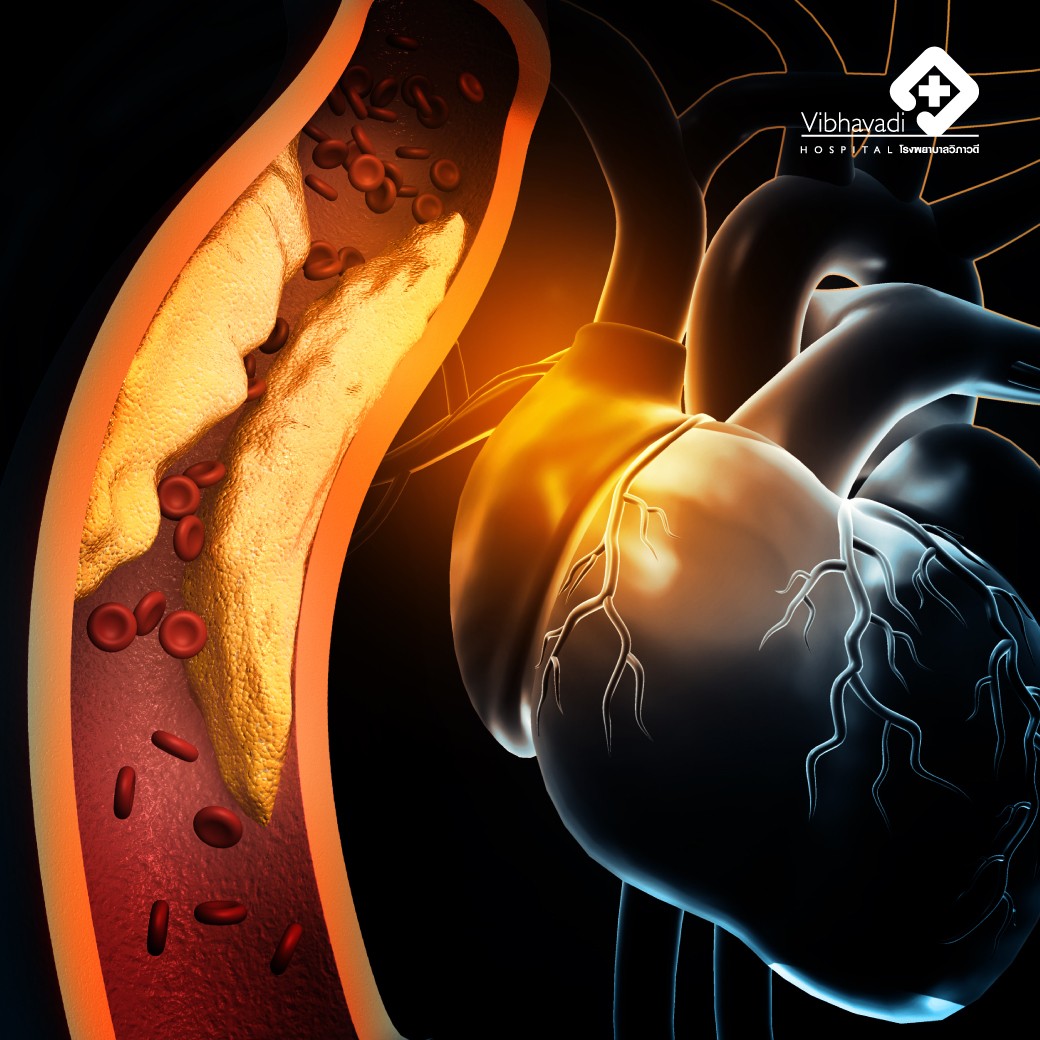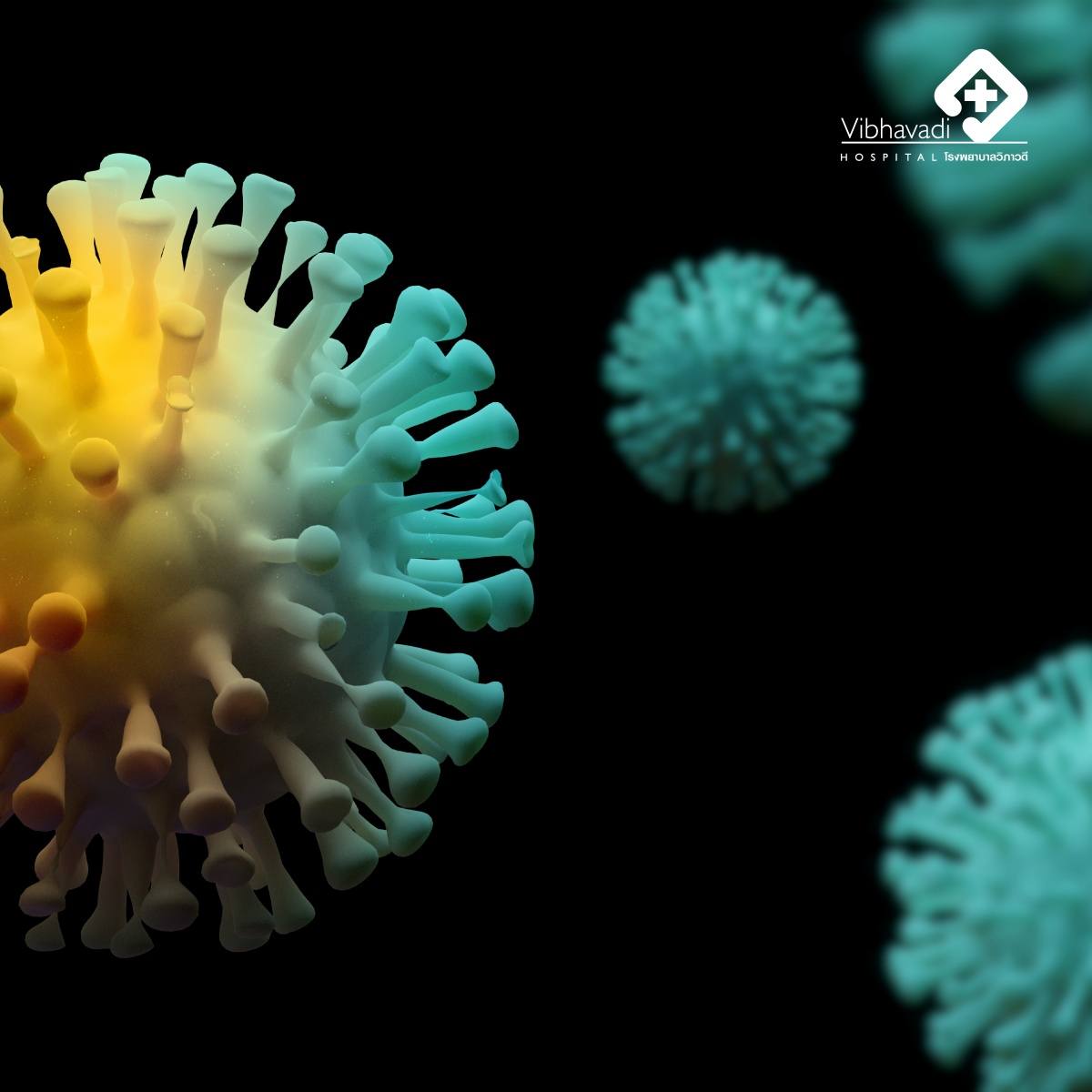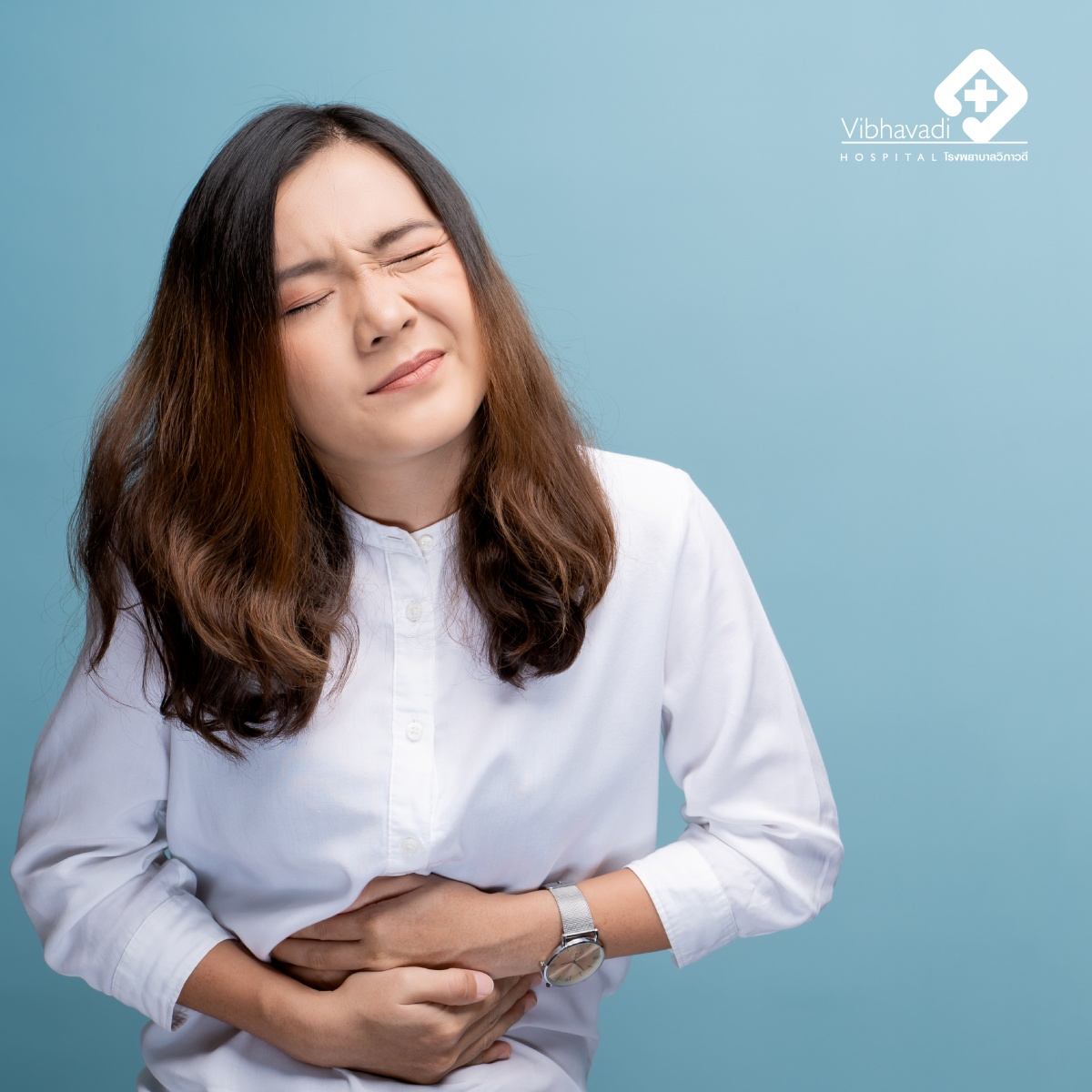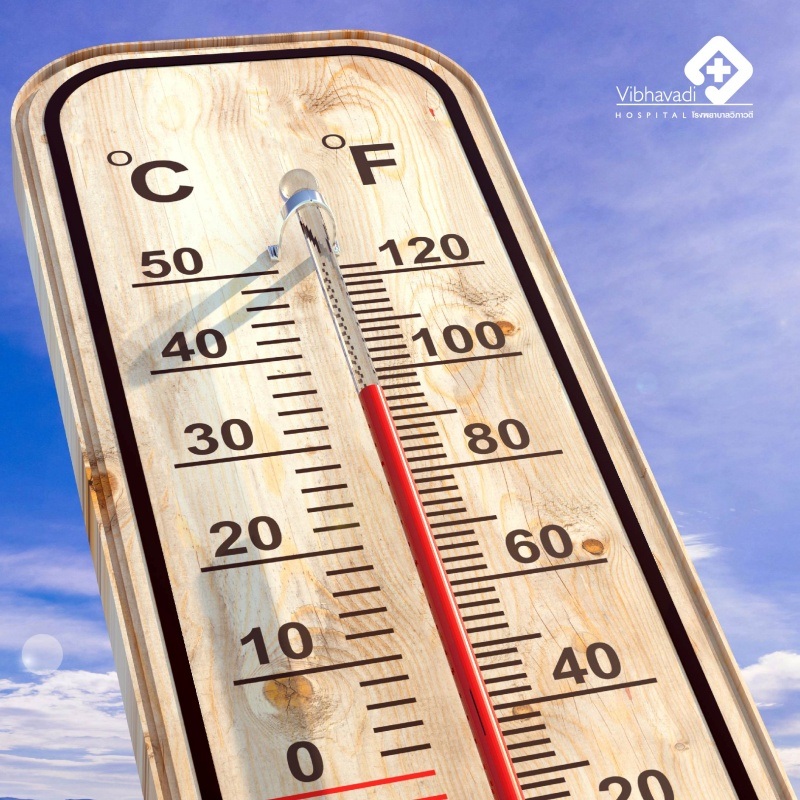Heat-Related Illnesses
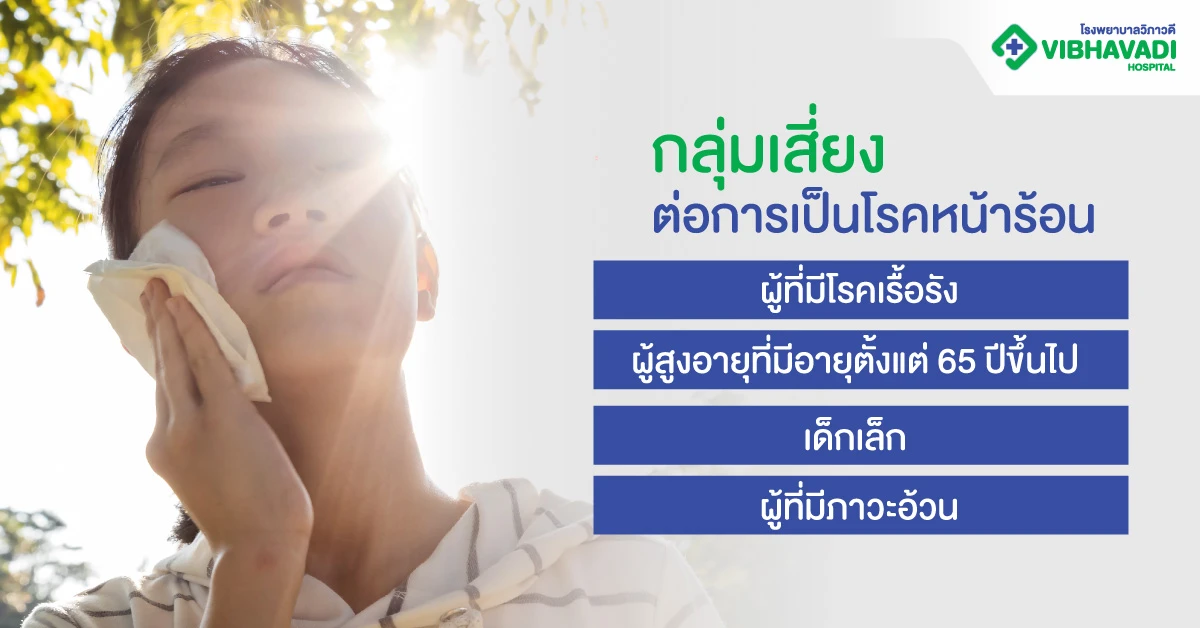
High temperatures can take a toll on your body and mind. When your internal cooling system is overwhelmed, a range of illnesses can follow. Below are the most common heat-related diseases and how to deal with them.
Heat Stroke
Heat stroke is one of the most dangerous heat-related conditions. It occurs when the body’s temperature regulation fails, often after prolonged exposure to high temperatures, especially when combined with dehydration.
Symptoms:
High body temperature (above 40°C or 104°F)
Red, hot, dry skin (no sweating)
Confusion, agitation, or unconsciousness
Rapid pulse
Headache and nausea
Immediate Treatment:
Move the person to a cooler place.
Remove excess clothing.
Apply cool compresses to the armpits, neck, and groin.
Use a fan or ice packs to lower body temperature.
Call emergency services immediately.
Prevention:
Avoid outdoor activity during peak sun hours (11 AM – 4 PM).
Wear lightweight, light-colored, breathable clothing.
Stay hydrated.
Use sunscreen and wear a wide-brimmed hat.
Heat Rash
Heat rash, also known as prickly heat, occurs when sweat ducts become blocked and sweat gets trapped under the skin, causing inflammation and irritation.
Symptoms:
Red, itchy bumps or blisters
Tingling or prickly sensation
Rash typically appears in folds of skin: armpits, groin, neck
Treatment:
Keep affected area dry and cool.
Wear loose-fitting clothes made of cotton or moisture-wicking fabrics.
Use talcum powder to absorb moisture.
Avoid heavy lotions or creams.
Prevention:
Shower regularly to remove sweat.
Choose breathable clothing.
Stay in air-conditioned or ventilated areas.
Dehydration
Hot weather causes the body to lose water and electrolytes through sweat. If these fluids aren’t replenished, dehydration sets in, which can become severe and even life-threatening.
Symptoms:
Dry mouth and skin
Thirst
Dark yellow urine or low urine output
Fatigue, dizziness, confusion
Rapid heartbeat
Treatment:
Drink plenty of water or oral rehydration solutions.
Avoid caffeinated and alcoholic beverages.
In severe cases, IV fluids may be required.
Prevention:
Carry a water bottle and sip regularly.
Eat water-rich foods like cucumbers and watermelon.
Don’t wait until you’re thirsty to drink water.
Food Poisoning
Hot and humid weather accelerates the growth of bacteria in improperly stored or prepared food, increasing the risk of food poisoning.
Symptoms:
Nausea and vomiting
Diarrhea
Stomach cramps
Fever
Treatment:
Rest and drink plenty of fluids.
Use oral rehydration salts to replace lost electrolytes.
Eat bland, easy-to-digest foods (e.g., bananas, rice, toast).
Seek medical attention if symptoms are severe or persistent.
Prevention:
Wash hands before eating or preparing food.
Avoid raw or undercooked meats.
Store perishable items in a refrigerator.
Drink clean, filtered water.
Rabies (from Animal Bites)
The risk of animal bites may increase in the hot season as pets and stray animals become more active outdoors. Rabies is fatal if untreated.
Symptoms (after infection):
Fever, headache, weakness
Tingling at the site of the bite
Anxiety, confusion, hallucinations
Hydrophobia (fear of water)
Treatment:
Immediately wash the wound with soap and water.
Visit a healthcare facility to receive a rabies vaccine.
Continue post-exposure prophylaxis (PEP) as prescribed.
Prevention:
Avoid stray animals.
Vaccinate pets against rabies.
Supervise children around animals.
How to Protect Yourself During Hot Weather
Staying healthy during the summer requires more than just sunscreen. Use these practical steps to reduce your risk of heat-related illnesses:
Stay Hydrated: Drink 8–10 glasses of water per day, more if active or exposed to heat.
Dress Smartly: Wear loose, light-colored clothing. Opt for materials like cotton or linen.
Avoid Peak Heat Hours: Limit outdoor activities between 11 AM and 4 PM.
Rest Often: Take breaks if working or exercising outdoors.
Use Sun Protection: Apply SPF 30+ sunscreen, wear sunglasses and hats.
Cool Down Often: Use fans, air conditioning, or cool showers to lower body temperature.
Care for Vulnerable Groups: Children, seniors, pregnant women, and people with chronic illnesses are more at risk.
Related Medical Services at Vibhavadi Hospital
Vibhavadi Hospital provides comprehensive care during the hot season to help you manage and prevent heat-related illnesses:
Emergency Medicine Clinic
Offers 24/7 emergency services for acute conditions like heat stroke, severe dehydration, and high fever. Equipped with advanced monitoring and cooling equipment.
Infectious Disease Clinic
Provides consultation, diagnosis, and treatment for foodborne illnesses and infections commonly seen during hot weather.
Annual Health Check-ups
Preventive health check-up packages help detect early signs of dehydration, kidney function problems, and heat-related stress.
Vaccination Services
Includes rabies vaccine and tetanus shots for individuals exposed to animal bites.
Frequently Asked Questions (FAQ)
1. What are the most common illnesses during the summer?
Heat stroke, heat rash, dehydration, food poisoning, and rabies from animal bites are the most common.
2. How much water should I drink during hot weather?
At least 2–3 liters per day (about 8–10 glasses), more if you sweat a lot or engage in physical activity.
3. What should I do if someone has heat stroke?
Move them to a shaded area, remove excess clothing, cool the body with wet towels or ice packs, and seek immediate medical help.
4. Who is most vulnerable to heat-related illnesses?
Infants, elderly individuals, pregnant women, and people with chronic health conditions like diabetes or heart disease.
5. Does Vibhavadi Hospital provide treatment for heat-related illnesses?
Yes. Vibhavadi Hospital offers emergency care, infection management, vaccinations, and wellness checkups to help prevent and treat heat-related health problems.

